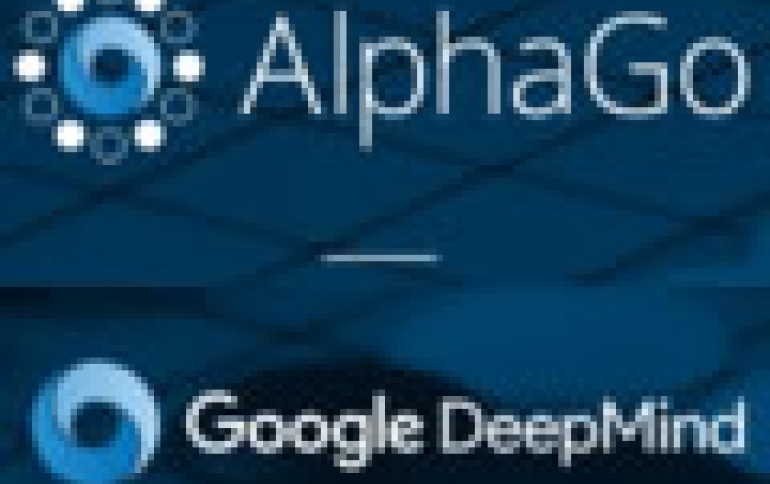
Google Artificial Intelligence System Wins Korean Go Game Champion
Google DeepMind’s artificial intelligence system beat the Korean champion player of the complex board game Go in a match in South Korea, in a milestone in the development of artificial intelligence (AI). The Internet company is playing a five-match tournament against Lee Sedol, who Google said has been the top-ranked Go player of the past decade, to show off the capabilities of software developed by its AI subsidiary DeepMind.
"I’m somewhat shocked," Lee told reporters after the match. "I didn’t really imagine I’d lose. I didn’t foresee AlphaGo would play Go so perfectly."
Alphabet's DeepMind has developed the AlphaGo software, which has
attained expert human-level performance at Go, and has already beaten European professional Go player Fan Hui in a match held in the company’s London offices in October.
DeepMind takes advantage of neural networks, which lets computers learn from experience, rather than specific programming. This enables it to learn by studying example games, then by playing millions of games against itself, inferring the rules and, eventually, developing long-term strategies it can use to try to win.
Go, also known as Baduk, is a game that sees players battle to take territory on a board by taking turns placing stones on the intersections of a grid.
Scientists have been trying to make computers think and learn in ways more similar to people, with the eventual goal that AI will one day assist humans in fieldssuch as healthcare and scientific research.
Google said Wednesday it is applying its artificial intelligence learning technology to increasingly diverse sectors such as healthcare and robotics.
"Machine learning technology is already contributing to the improvement of Google's existing products," said Jeffrey Dean, who heads the Google's deep learning research team.
"We expect that the technology can be applied to new areas such as healthcare and robotics, tapping into the deep neural network," he said.
Dean said the machine learning technology will ultimately combine both supervised and unsupervised learning methods. In supervised learning, humans provide labels and instructions to data analyzed by the machine, while the unsupervised learning method lets the machine learn independently without such guidance.
The Google researcher said the company is expanding the application of deep learning technology to its software services such as Gmail, Google Photos, Google Maps, Google Translate and the Android mobile operating system.
Dean said the technology is flexible to support diverse input and output options as well as applicable to video, audio and text in multiple languages.
However, the machine learning technology still has problems. It requires further improvements to be able to apply a limited number of supervised, labeled data for to a high volume of unsupervised data.




















